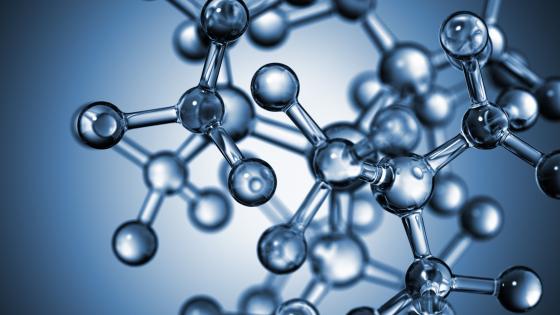Everyday we experience matter in its condensed phases: solids and liquids, for example. The section of Theoretical condensed matter seeks to understand some fundamental behavior of condensed matter. We look at matter at the nano and mesoscale (from nanometers up to micrometers), and investigate properties such as structure, charge transport, electromechanics, thermodynamic phase transitions.
The theoretical condensed matter section comprises two main research streams.
Transport properties of matter at the nano and meso scale
While the need for smaller and smaller electronic devices brings us to study charge transport at the nanoscale, quantum mechanics needs to be taken into account. In the nano-world the electrical current flows in a crucially different way with respect to what happens in macroscopic devices. The spin degree of freedom, together with quantum coherence, also paves the way to new paradigms for quantum computation and quantum computers, the ultimate goal of current miniaturization techniques. Our group studies these interesting issues employing a wealth of analytical as well as numerical techniques.
Structural and thermodynamical properties of nanoparticles
Materials at the nanoscale, e.g. in the form of nanoparticles, have properties that surprisingly differ from their bulk counterpart. The structure of metal nanoparticles, for example, can be very different from the structure of bulk metal, with important consequences on applications, such as catalysis. By computational means, we look at the geometrical structure of metal nanoparticles, and use both classical and first-principle models to make predictions about their stability and thermodynamic behavior.
We study colloidal nanoparticles as well, with applications in the production of ceramic materials.
Eventually, we look at the interactions of synthetic nanoparticles with biological matter.


